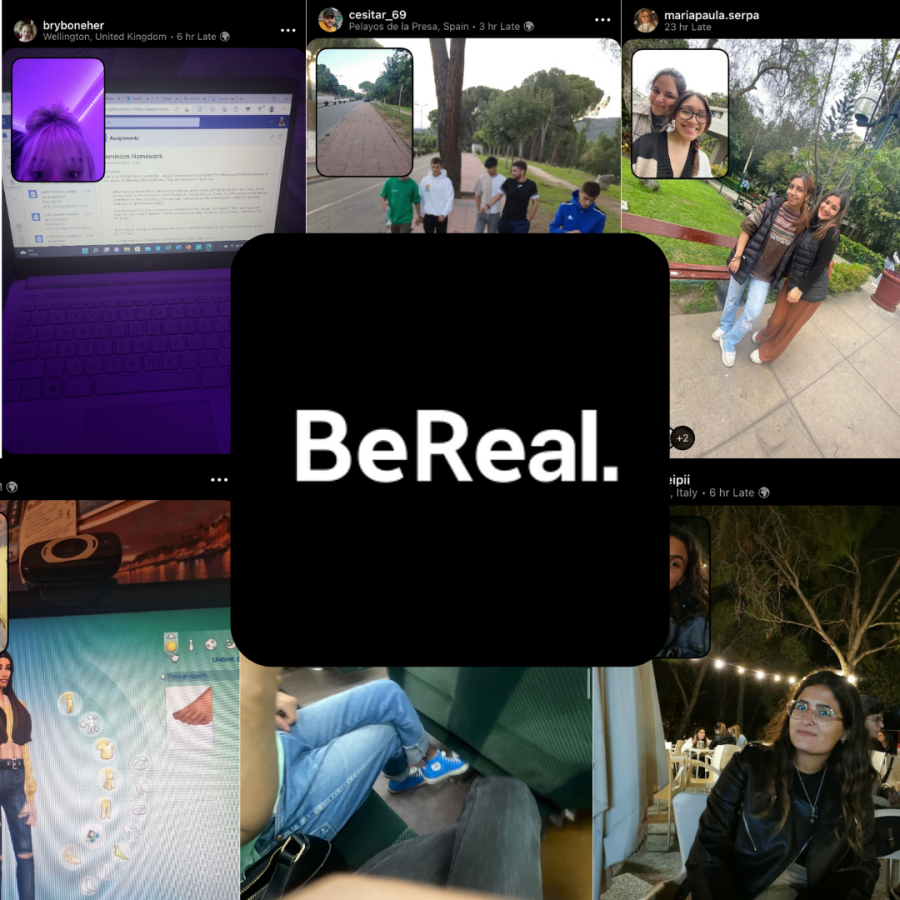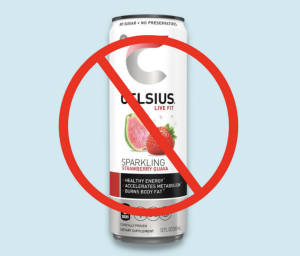#BeReal or #BeFake?
September 28, 2022
I grew up in a small town, meaning there was little left to the imagination when finding out about each other’s whereabouts or daily activities. After high school, my friends and I all dispersed and keeping in touch was left to the casual stalking of snapchat stories or the mindless scrolling of other social media platforms. This tactic proved to be true for many of my friends I have met since being at GC. Being a fourth-year student, many of my friends, including myself, have very different academic and professional agendas that do not allow for the same quality time as freshman year. A phone call or text requires a certain amount of effort and shared time between two people, but BeReal has allowed for the maintenance of “keeping up” with friends more convenient.
The idea that each user of the BeReal app receives a notification at the same time and must produce a snapshot attempting to look good or interesting in two minutes seems almost comforting. Society is riddled with insecurities regarding our looks and comparing our lives, so watching every person feel this same insecurity and still manage to upload two pictures a day has proven to break the barriers that many social media platforms uphold. But who am I to say this mold has not already been broken?
I remember sitting in a large group of my friends when I first heard about BeReal—an app used to capture your most authentic moment. BeReal started with just my little group of college friends and now has blossomed into a community of people I have known my whole life. Every single day we would all post our snapshots and scroll aimlessly to see what everyone was up to.
Fast forward to today: The simplicity of what used to be has somehow shifted. What used to be a fun moment to take our phones out and capture the exact same moment has turned into BeReal having bad timing, notifications that friends have posted late, and an overabundance of friends on this app that makes the aimless scrolling we participate in on other social media platforms feel all too familiar.
Where BeReal used to be a fun activity that my friends and I took part in, it has seemingly become more of a chore.
The toxicity of our known social media platforms has seemed to infiltrate our once authentic two minutes to be our real selves. I have begun to detest the late notification received from some that decided the assigned two minutes was not interesting enough to post. While these photos are still unedited and posted within a two-minute span, this late post has given users the opportunity to post their “best” moments rather than the moments that may fall on between.
While Instagram has begun breaking the mold of filtered, perfect poses with the uploads of photo dumps, it is my hope that BeReal does not gain the same reputation of chosen random posts, and rather uphold the comforting insecurity left to a random two minute assigned time limit. While BeReal does not have the same caption space or DM shareable ability as a Twitter or Facebook profile might allow, it upholds a since of tradition and simplicity through photos that no other app has been able to gain. BeReal promotes and has hopes that its users will remiad authentic even if it is for just two minutes a day.
There is comfort in the fact that no one can go viral, get more likes, or even make BeReal their career. BeReal has allowed the opportunity to make fun out of social media again, where a generation has only seen the competition, comparison, and insecurity that lies within the realms of social media. Gen Z has the chance to experience social media without the stress and give the opportunity to look back at a photo album of all snapshots taken within the app visible to these private accounts.
Like our parents reminiscing on scrapbooks, old polaroid’s and yearbook photos, every user’s personal BeReal albums could be the photos shown to our kids. The best of times, the times in between, and the unedited versions of our real selves in real time. This power to remember the nights we spent studying, the nights we spent together, and the nights we may not want to remember helps in making BeReal beautiful and authentic.
It is my hope that we can continue pushing for authenticity and strive to do away with the constraints of many of our social media platforms. We must keep BeReal, real, if you will change the narrative of the toxic social media presence we all live in now.







